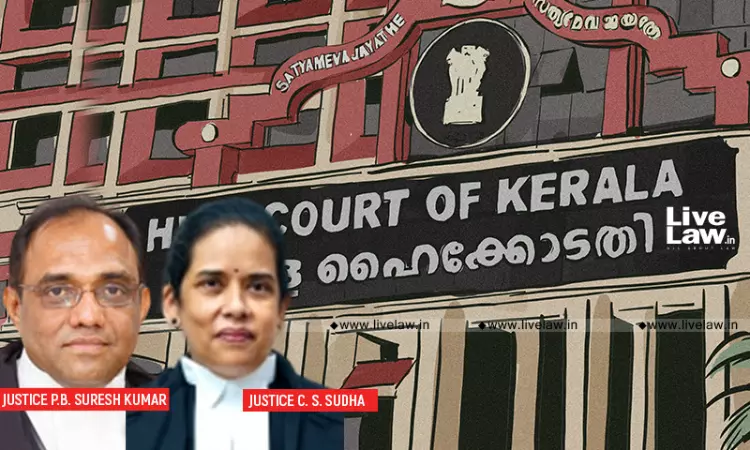Rape Survivor's Testimony Not To Be Discredited For Delayed Disclosure If Otherwise Reliable: Kerala High Court
Hannah M Varghese
27 July 2023 8:09 PM IST

Next Story
27 July 2023 8:09 PM IST
The Kerala High Court recently observed that the evidence provided by a prosecutrix under Section 376 IPC should not be discredited merely because the sexual abuse began when she was a child but she did not disclose it until she was much older. A Division Bench of Justice P.B Suresh and Justice C.S Sudha added that the credibility of the prosecutrix evidence in such cases would differ from...
